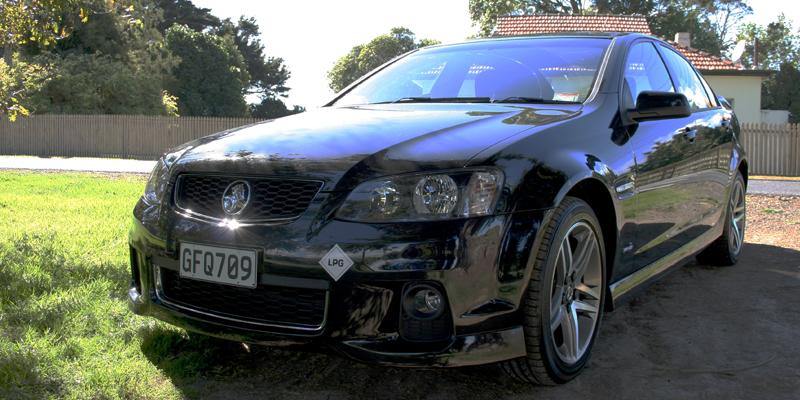While the current New Zealand government has announced plans to effectively shut down Liquefied Petroleum Gas (LPG) production here, the UK has chosen LPG to play a key role in helping the UK avert its air quality crisis and achieve a zero-emission transport future, according to the British Government’s latest “Road to Zero” strategy.
Developed over 18 months, the DfT’s Transport Energy Model sets out the relative environmental performance of different fuels and technologies which will underpin future policies.
With 40,000 deaths in the UK annually attributed to air pollution, the Government is working towards a target where almost every car and van is zero emissions by 2050. The latest report outlines the roadmap to achieve this including measures such as the introduction of clean air zones in a number of UK cities and towns.
The favourable environmental performance of LPG compared with petrol and diesel has been recognised for many years which has been reflected by lower levels of taxation making it more attractive to users. LPG vehicles emit less NOx, CO2 and particulates than both petrol and diesel models and the new report even uncovers LPG’s favourability over full petrol hybrids.
In the van sector (2.5 to 3.5 tonnes), an LPG van was estimated to be cleaner in terms of both CO2 and NOx than petrol, full petrol hybrid and even Euro 6 diesel alternatives. Meanwhile for cars, an LPG car was estimated to emit 19 percent less CO2 compared to petrol, making its performance similar to that of a full petrol hybrid car.
Given the strong environmental credentials of LPG, the report states that “LPG’s environmental performance relative to diesel makes it a good current alternative to diesel, particularly for vehicles being used in urban driving conditions”.
The report also gives backing for the increased supply and sustainability of low carbon fuels through a legally-binding 15-year strategy to more than double their use to seven percent by 2032. BioLPG, which is created from renewable and waste materials, is already available today in the UK, and is ideally suited to help reduce emissions from niche transport sectors that are difficult to electrify, such as taxis and vans.
Currently, around 100,000 vehicles in the UK benefit from lower emissions by running on LPG. They are serviced by an established refuelling network or more than 1,300 LPG refuelling, stations around the UK, compared to the 570 or so in New Zealand.



